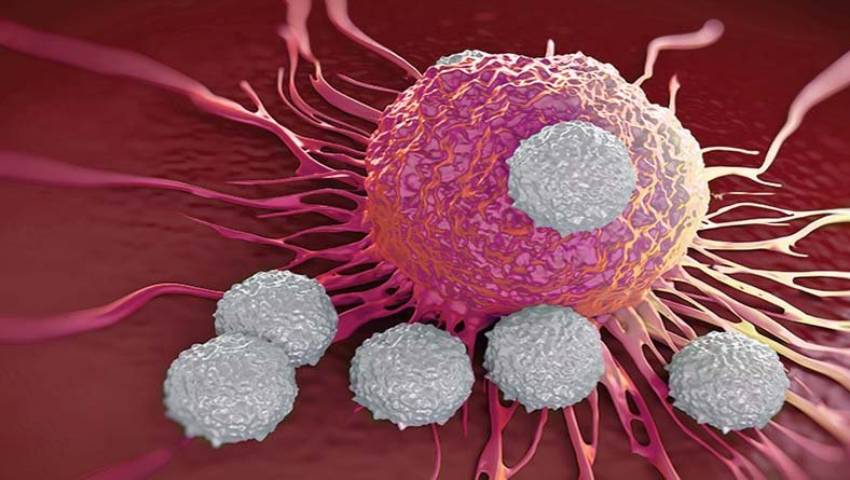
- 26/04/2024
- YASHAAYU99 Ayurveda
- Blog
Exploring Ayurvedic Approaches to Cancer Management
Ayurveda, the ancient Indian system of medicine, offers a holistic approach to health that includes prevention, treatment, and management of various diseases, including cancer. Cancer is a complex disease that requires a multidimensional treatment strategy, and Ayurveda provides a comprehensive framework that addresses the physical, mental, and spiritual aspects of an individual. In this blog, we will explore the principles of Ayurveda in managing cancer and how it can complement conventional treatments.
Understanding Cancer in Ayurveda:
Ayurveda views cancer as a manifestation of underlying imbalances in the body’s doshas (bioenergetic forces) and dhatus (tissues). According to Ayurvedic principles, cancer can arise due to the vitiation of the doshas, particularly aggravation of Pitta and Vata doshas, leading to the accumulation of toxins (ama) and impaired tissue metabolism (dhatu kshaya). These imbalances can result from poor diet, lifestyle factors, environmental toxins, and emotional stress.
Ayurvedic Approach to Cancer Management:
- Balancing Doshas: The primary goal of Ayurvedic cancer management is to restore balance to the doshas. This is achieved through dietary modifications, lifestyle changes, herbal therapies, and detoxification procedures (panchakarma). Specific herbs and therapies are used to pacify aggravated doshas and eliminate toxins from the body.
- Detoxification (Panchakarma): Panchakarma, a series of detoxification therapies, is a cornerstone of Ayurvedic cancer management. These therapies include procedures like Vamana (therapeutic vomiting), Virechana (purgation), Basti (enema), Nasya (nasal therapy), and Rakta Mokshana (bloodletting). Panchakarma aims to remove accumulated toxins and restore cellular metabolism.
- Herbal Therapies: Ayurvedic herbs are used extensively in cancer management to strengthen the immune system, reduce inflammation, and inhibit abnormal cell growth. Some commonly used herbs include turmeric (Curcuma longa), ashwagandha (Withania somnifera), tulsi (Ocimum sanctum), guduchi (Tinospora cordifolia), and neem (Azadirachta indica).
- Dietary and Lifestyle Modifications: A balanced diet tailored to an individual’s constitution (prakriti) is crucial in Ayurvedic cancer management. Foods that are easy to digest, rich in antioxidants, and anti-inflammatory are emphasized. Lifestyle changes such as practicing yoga, meditation, and maintaining a regular daily routine are also recommended.
- Mind-Body Therapies: Ayurveda recognizes the intimate connection between the mind and body. Stress management techniques, meditation, and counseling are integral parts of cancer management in Ayurveda. These therapies help reduce anxiety, improve mental clarity, and enhance overall well-being.
Integrative Approach:
It’s important to note that Ayurvedic management of cancer is often used as a complementary approach alongside conventional treatments like surgery, chemotherapy, and radiation therapy. Ayurvedic therapies can help manage side effects of these treatments, enhance recovery, and improve quality of life.
Consultation and Safety:
If considering Ayurvedic management for cancer, it’s crucial to consult qualified Ayurvedic practitioners like Dr Mangesh P Desai who specialize in cancer care. They can tailor treatment plans according to individual needs and coordinate care with oncologists and other healthcare providers.
In conclusion, Ayurveda offers a holistic and personalized approach to cancer management, focusing on restoring balance to the body, mind, and spirit. While not a replacement for conventional cancer treatments, Ayurvedic therapies can play a valuable role in enhancing overall well-being and quality of life for cancer patients. If you or someone you know is navigating cancer, consider exploring the benefits of Ayurveda as part of a comprehensive treatment plan.
